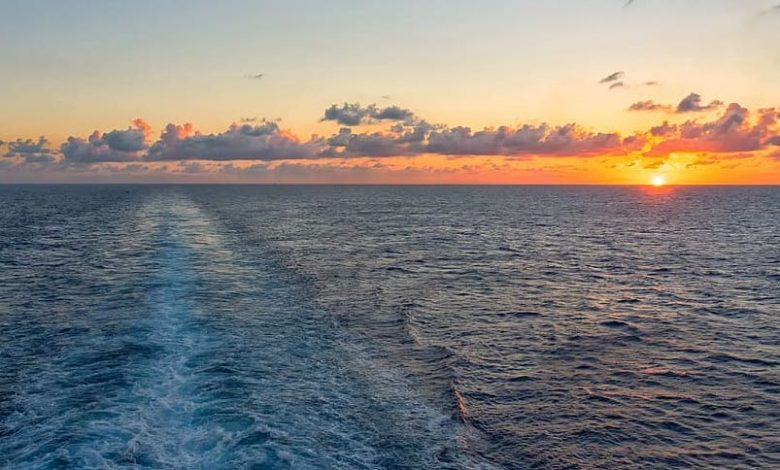Unrest around Suez Canal prompts alternate thinking

Cairo: There is much ‘what if’ speculative talk at the moment on the ramifications of the Suez Canal closing.
“Although the arterial trade route is unlikely to close, the possibility cannot be ignored,” consultants Drewry noted in a recent report, for instance.
According to Drewry’s calculations, there is enough spare vessel capacity to absorb most of the shock of sailing from the Far East to Europe via the Cape of Good Hope simply by increasing vessel speeds, which means that closure of the Suez Canal tomorrow “would not be a train smash”.
Two-way trade between the Asia and Europe accounted for approximately 20.1m teu last year, Drewry estimates, compared to 5.2m teu between the Indian Subcontinent/Middle East and Europe, and 688,000 teu between Australasia/Oceania and Europe.
“To continue providing the same capacity per week with a weekly frequency,” Drewry noted, “carriers would collectively have to inject 48 additional ships into the Asia-North Europe services, or increase the speed of their ships, or a combination of both.”
Ocean carriers would seek to impose a “massive” fuel surcharge for this, Drewry warned.
Meanwhile, security firm Typhon believes that its anti-piracy deterrent protection model can assist shipowners with transiting the canal safely and passing through piracy zones instead of feeling as though they have no choice but to consider re-routing which would result in a more expensive and longer journey.
Typhon’s services also comprise ports security; a service which the Egyptian government could potentially incorporate into its coastal protection model, Typhon said in a recent report.
Ant Sharp, ceo of Typhon, said: “Shipping companies are concerned that escalating tensions in Egypt are affecting wider trade with the country. The unrest which includes some disruptions along the Suez Canal is a major cause for concern for shipowners, charterers and the government. Re-routing will be a big issue for Egypt which heavily depends on the fees it charges ships for permission to transit the canal. In short, one of Egypt’s major sources of foreign revenue is the canal. Revenue has been in decline for several years due to a decrease in transits and the rise of piracy off the coast of Somalia.
“Should Egypt continue to increase transit toll fees to boost revenues and should there be a rise in shipowners re-routing and an increase in piracy due to incessant unrest, the steady decline of the country will only continue and countries will cease to trade with Egypt.”
Sharp concluded: “But if shipowners really weigh up the pros and cons, in terms of cost savings, they will see that the massively high fuel prices involved in re-routing around say the Cape of Good Hope, would be more expensive than incorporating a bespoke private protection model, like that of Typhon’s, into their business and transiting the canal”. [27/03/13]
